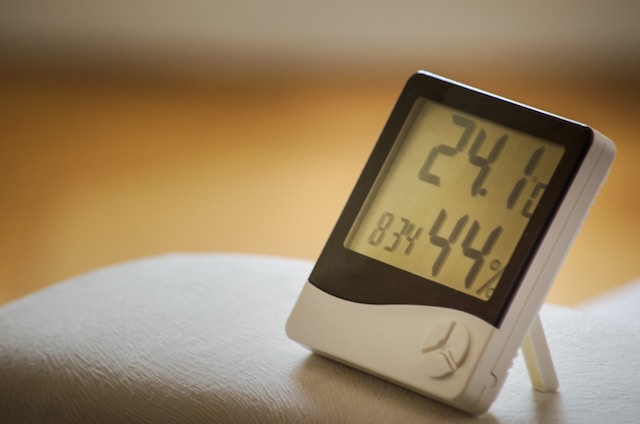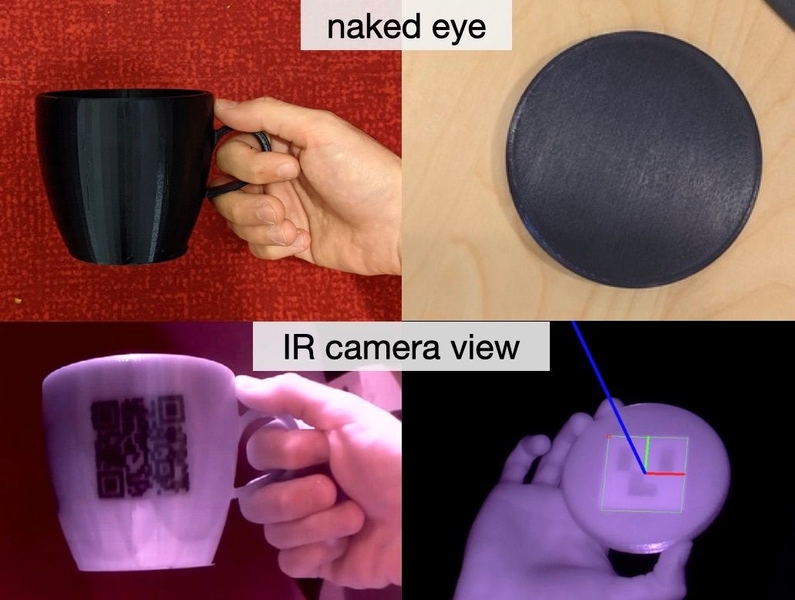The Minimum Efficiency Reporting Value (MERV) is a rating system developed by ASHRAE (American Society of Heating Refrigerating and Air Conditioning Engineers) to evaluate the efficiency and performance of AC filters. The higher the MERV rating, the more efficient an AC filter is at removing dust, debris, and other contaminants from the indoor air.
Why Is MERV Rating Important?
MERV ratings range from 1 to 20, with a higher number indicating superior filtration. These ratings can help you determine which AC filter is right for you. For example, if you have people in your home that have allergies, you may want to invest in an AC filter with a higher MERV rating. AC filters with higher MERV ratings also protect your HVAC systems and ductwork from contaminants, saving you costs on maintenance. Using the right MERV rating can ensure better performance from your AC.
MERV AC Filter Rating List
MERV Rating 1-6
Filters with MERV ratings 1 to 6 are generally used in areas with minimal filtration requirements. These filters can remove particles at least 0.3 to 10 microns in size, with a success rate of around 20%. Contaminants these filters can remove include textile fibers, pollen, and dust mites. Most inexpensive AC filters, such as washable AC filters or fiberglass AC filters, have a MERV rating ranging from 1 to 6.
MERV Rating 7-13
AC filters with MERV ratings higher than 6 offer improved filtration. These filters can remove more than 85% of common contaminants in the air, including dust, pollen, mold spores, fibers, and fumes. These filters are commonly found in commercial and residential buildings with moderate to high filtration requirements. For example, people with respiratory allergies like asthma typically use MERV 11 filters and higher.
Although these filters are better at improving indoor air quality than those with lower MERV ratings, they may not be as energy efficient and can have high upfront costs.
MERV Rating 14-20
HEPA (High-Efficiency Particulate Air) and ULPA (Ultra Low Particulate Air) filters typically have MERV ratings higher than 13. These filters can remove 99.97% of air contaminants, including bacteria and viruses. Healthcare facilities, sterile facilities, and other high-maintenance buildings typically use these AC filters. However, these filters are generally designed for powerful HVAC systems that won’t suffer reduced airflow due to the filter.
Are AC Filters With Higher MERV Rating the Right Choice?
Most people think that choosing an AC filter with the highest MERV rating is the right choice for their HVAC system. But that isn’t always true. Each type of HVAC unit can handle a specific MERV rating, so it’s best to follow the filter recommendation in the owner’s manual. This is one of the primary things you must consider when choosing an AC filter for your system.
Installing a filter with a higher MERV than the system can result in extra stress on the AC’s components, such as the fan. For example, AC filters with higher MERV ratings typically have smaller pores, which can restrict airflow. This causes the fan to work harder to pull air through the filter and can eventually lead to permanent damage.







